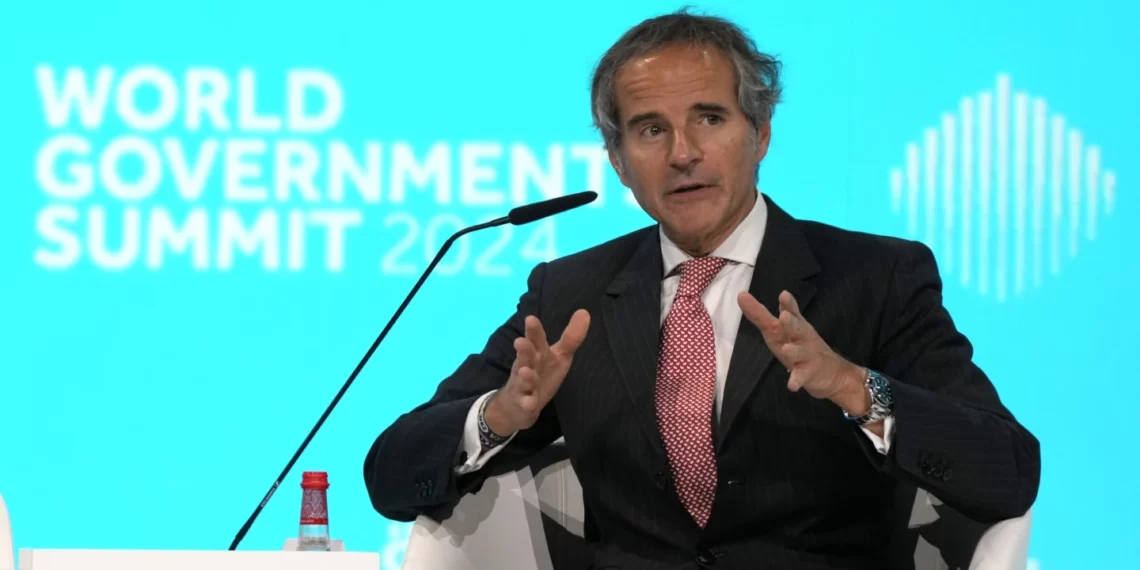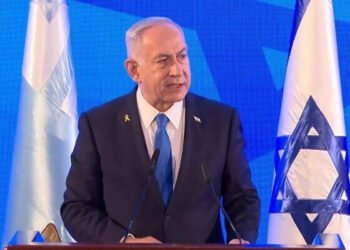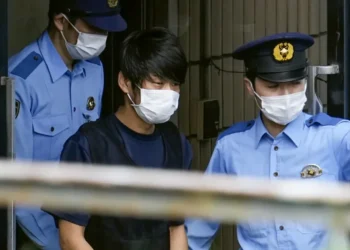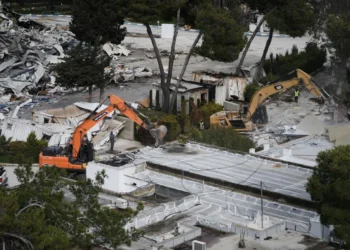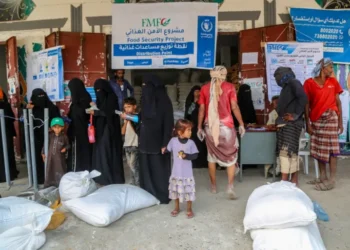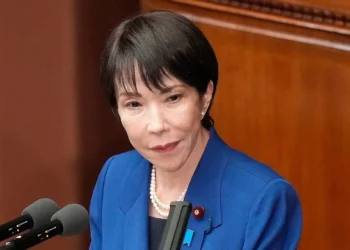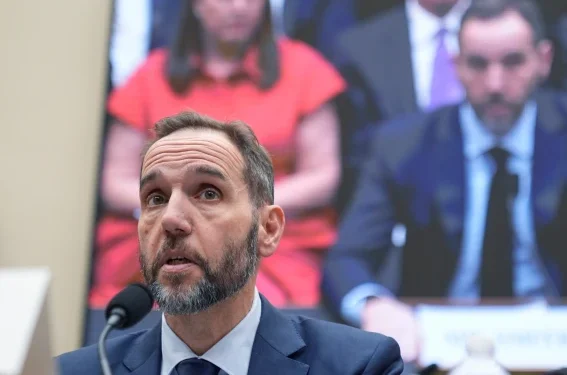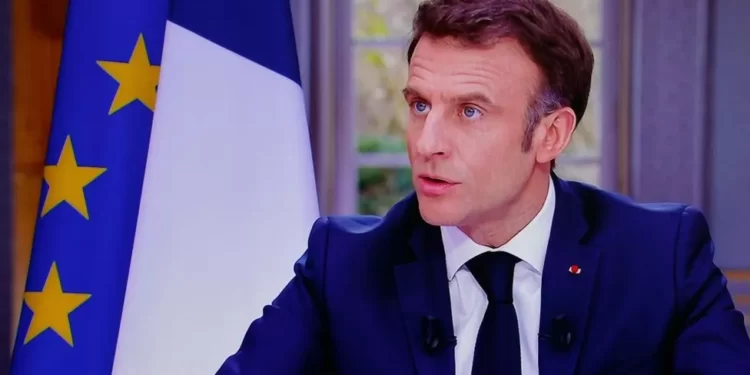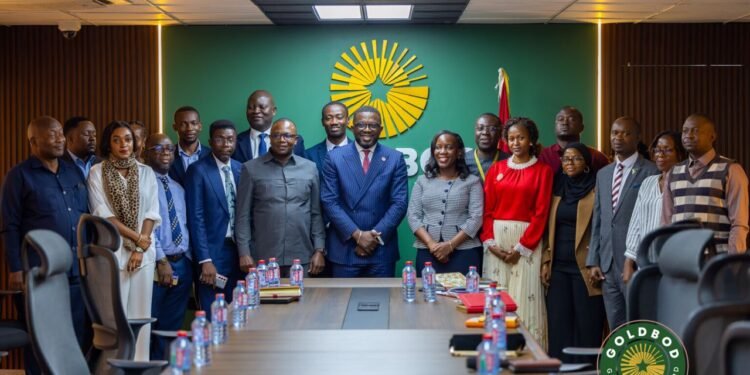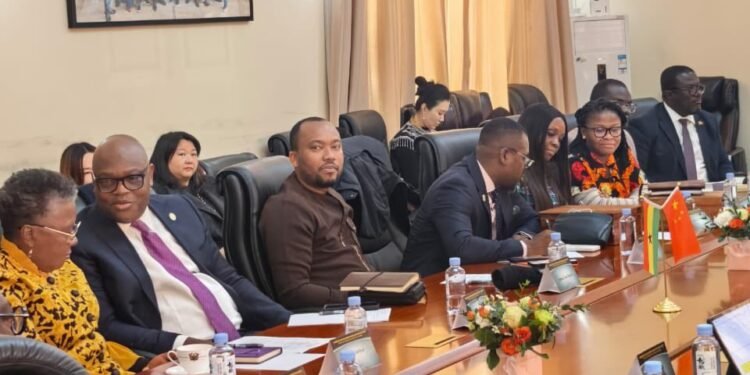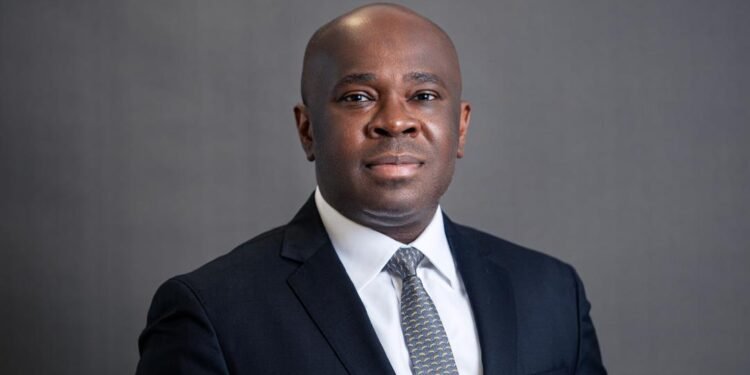The head of the United Nations’ nuclear watchdog cautioned on Tuesday, February 13, 2024, that Iran’s disclosure about its atomic program lacks full transparency.
This concern arises especially following statements from a former leader of Tehran’s program, who claimed that Iran possesses all the necessary components for a nuclear weapon.
Speaking at the World Governments Summit in Dubai, Rafael Mariano Grossi, the head of the International Atomic Energy Agency, referenced recent remarks made by Ali Akbar Salehi.
Grossi highlighted growing complexities in the broader Middle East context, including Israel’s conflict with Hamas in the Gaza Strip.
Following the breakdown of its 2015 nuclear deal with world powers, Iran has engaged in nuclear enrichment, reaching levels just below those required for weapons-grade material.
Tehran has amassed sufficient enriched uranium to potentially construct multiple weapons if it decides to do so.
Nonetheless, assessments from U.S. intelligence agencies and other sources suggest that Iran has not initiated a weapons program yet. Israel has long been suspected of having its own nuclear weapons program.
According to Grossi, Iran is “presenting a face which is not entirely transparent when it comes to its nuclear activities. Of course, this increases dangers.”
“There’s loose talk about nuclear weapons more and more, including in Iran recently. A very high official said, in fact, we have everything, it’s disassembled. Well, please let me know what you have.”
As a party to the Treaty on the Non-Proliferation of Nuclear Weapons, Iran has committed to permitting the International Atomic Energy Agency (IAEA) to inspect its nuclear facilities to verify the peaceful nature of its program.
Additionally, under the terms of the 2015 nuclear deal, Tehran agreed to extra scrutiny from the IAEA.
Grossi refrained from naming the Iranian official responsible for the statement.
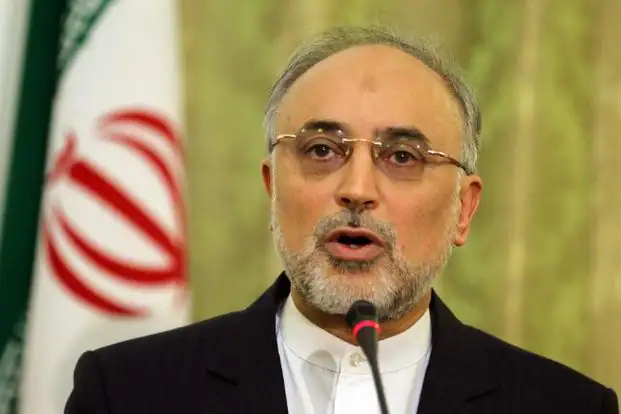
However, during a television program on Iranian state television aired late Sunday, Salehi said, “We have all the (pieces) of nuclear science and technology.’”
“Let me give an example. What does a car need? It needs a chassis, it needs an engine, it needs a steering wheel, it needs a gearbox. Have you made a gearbox? I say yes. An engine? But each one is for its own purpose.”
Ali Akbar Salehi
Iran Admits Nuclear Weapon Capability
Since 2022, Iranian authorities have openly acknowledged a matter previously denied by Tehran as it enriches uranium to its highest levels ever approaching weapons-grade material.
Iran asserts its capability to develop a nuclear weapon as needed.
This acknowledgment extends to Kamal Kharrazi, an adviser to Iran’s Supreme Leader Ayatollah Ali Khamenei,
Kamal informed Al Jazeera that Tehran possesses the capability to develop nuclear weapons but asserts that it currently has no intention to pursue such a course of action.
Salehi’s remarks mark a significant escalation.
He previously held the position of the head of the civilian Atomic Energy Organization of Iran during the presidency of Hassan Rouhani, who was considered a relative moderate within Iran’s theocratic regime.
He was also instrumental in brokering the 2015 agreement with world powers.
Iran’s stance coincides with actions by militias it supports in the region—such as Lebanon’s Hezbollah and Yemen’s Houthi rebels—who have initiated attacks aimed at Israel.
Additionally, the Houthis persist in targeting commercial shipping in the area, leading to recurrent airstrikes from the U.S. and the United Kingdom.
On Tuesday, February 13, 2024, Iran shared a video of a large missile launching from the Shahid Mahdavi, a container ship retrofitted by Iran’s paramilitary Revolutionary Guard as a floating outpost.
In the video, a Fateh missile was fired from a launcher disguised as a shipping container. This implies that Iran might have the ability to conceal similar launchers on other ships.
READ ALSO: Thailand’s Ex-PM Thaksin Shinawatra Set For Release

